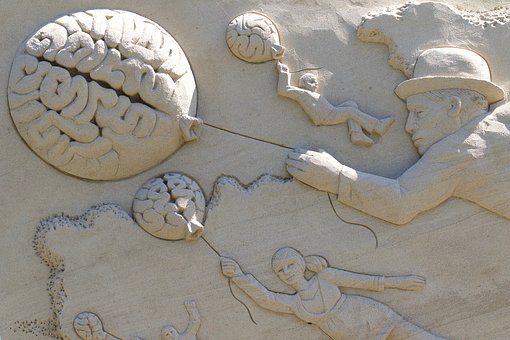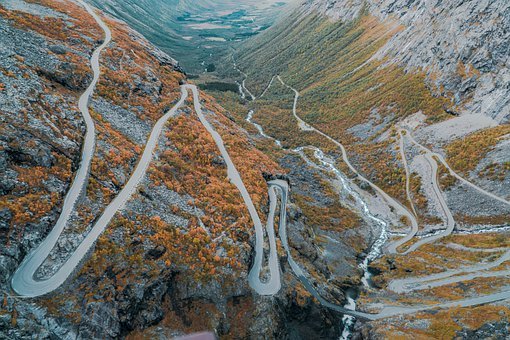Meditative concentration is not only important to the management and strategic direction of a company, but also invaluable in promoting the mental well-being of corporate leaders and the employees. Without mental concentration or focus, how do business executives cope with all their social obligations? How do they dissolve the stress they are under? What about suffering from feeling empty and restless, trouble with insomnia and depression, and inefficiency? One can imagine how difficult it is to make accurate decisions under these circumstances. Meditation practice can help ameliorate, even eliminate, these problems. Money, which we normally place such importance on, is of no use to us at this time.
~Depicted from ARE YOU READY FOR HAPPINESS - Buddhism and the Business World – Six Standards in a Corporate Culture











